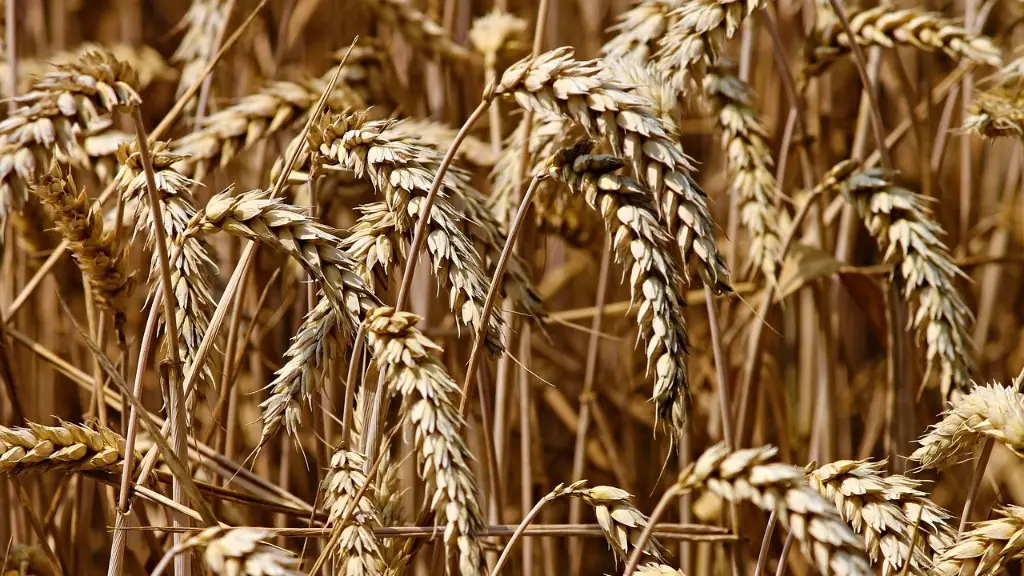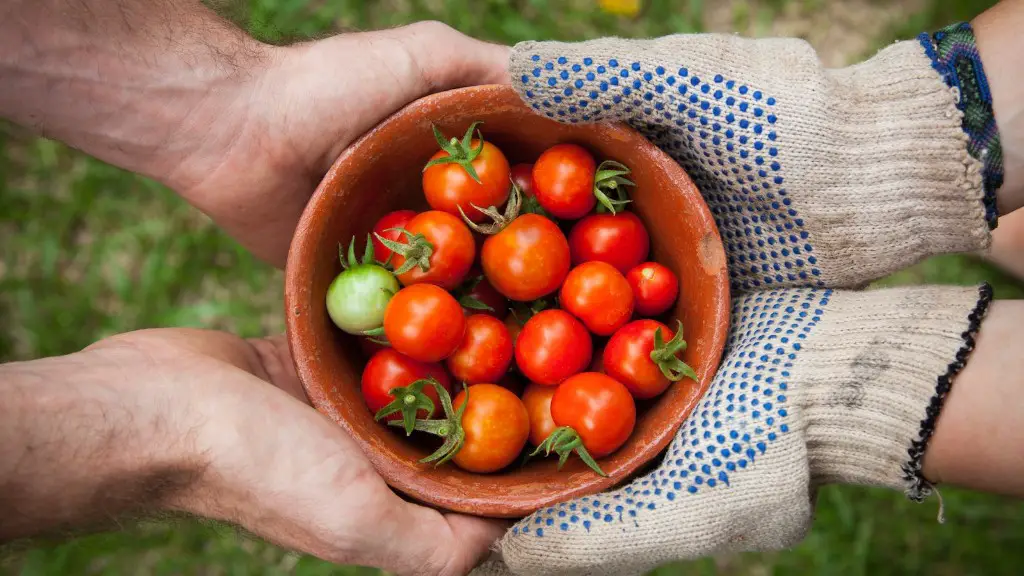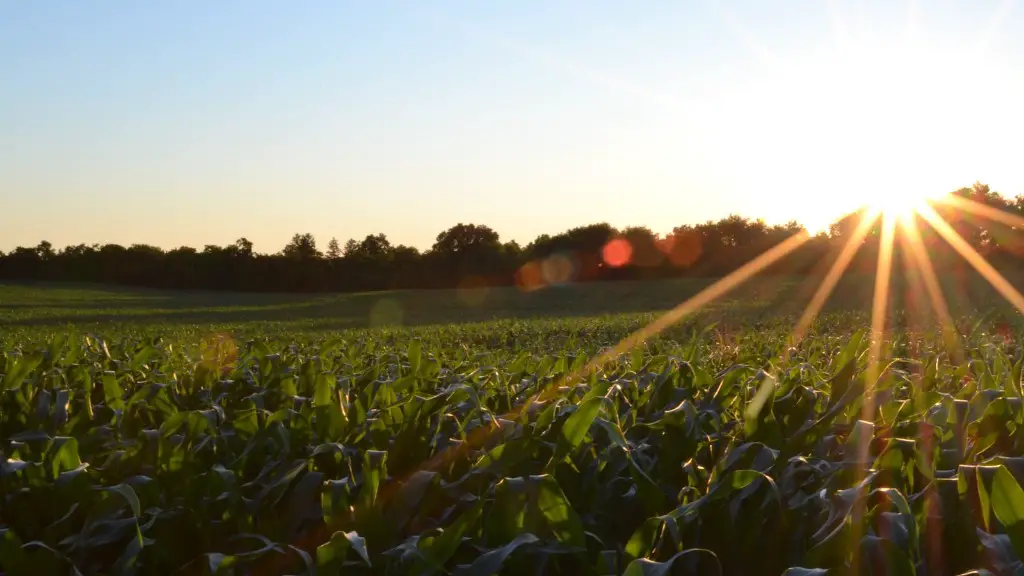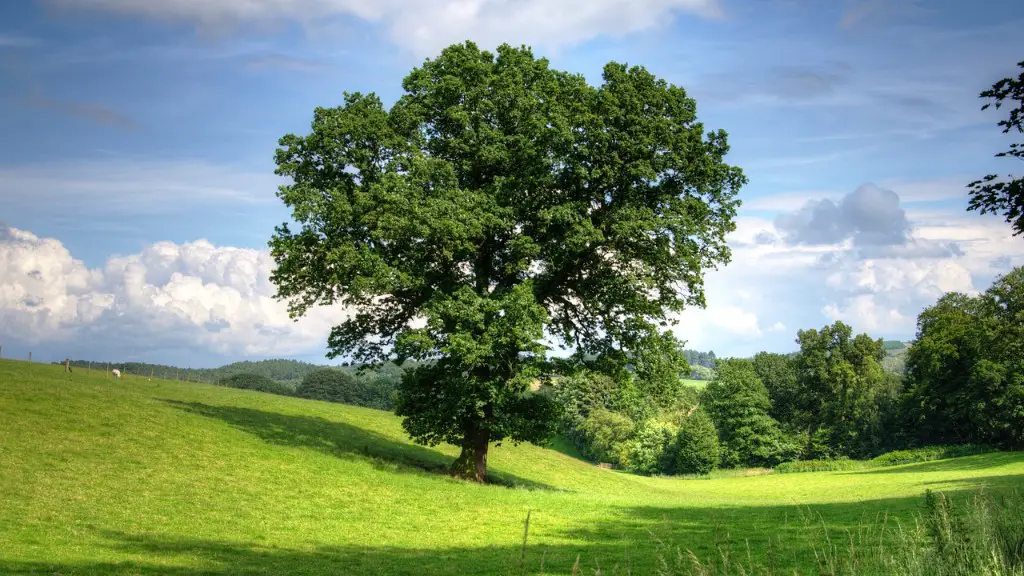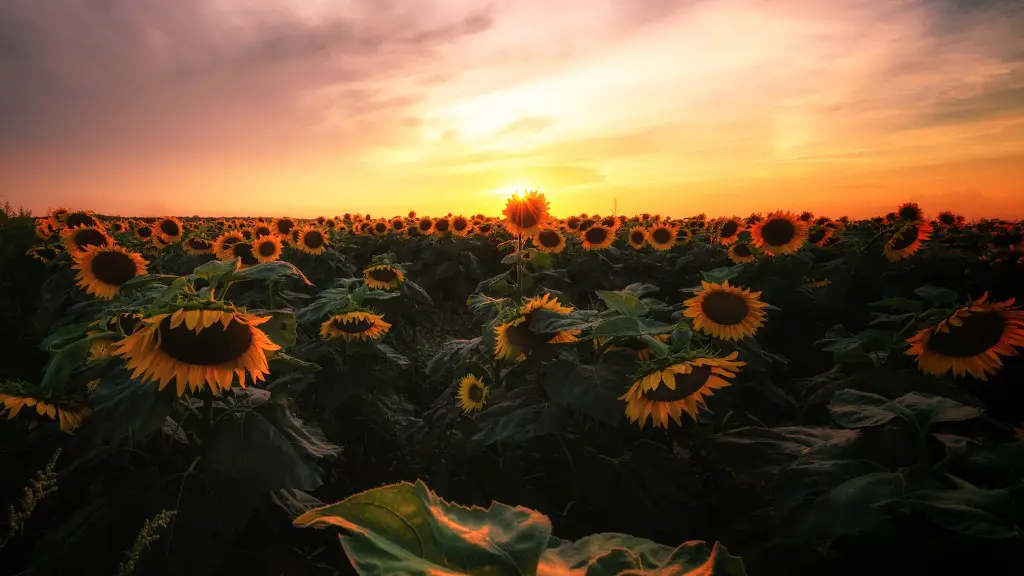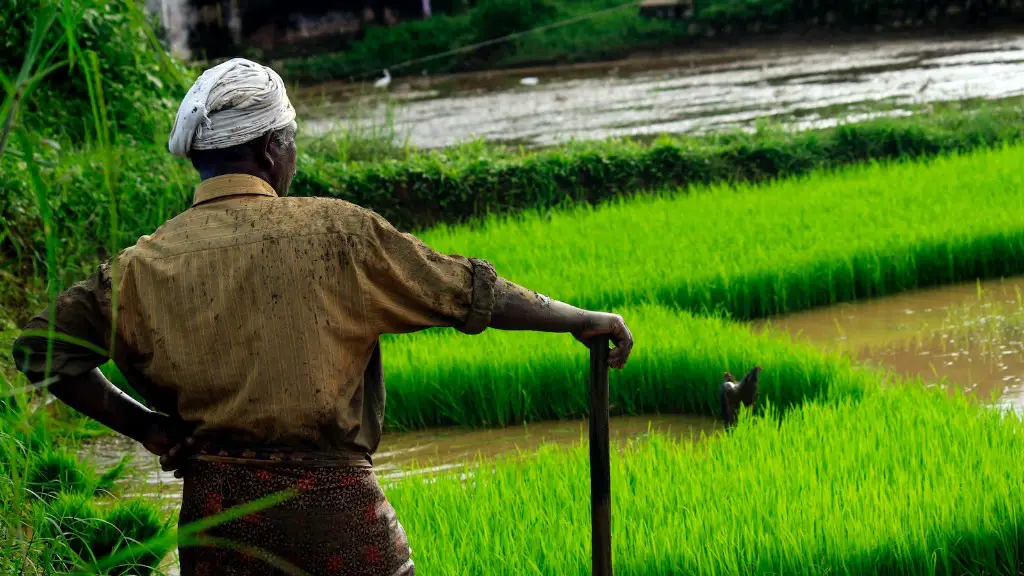Agriculture is the mainstay of most economies and the backbone of many communities. It is also, however, one of the most destructive industries in terms of its impact on the environment. From the clearing of forests to the use of pesticides and fertilizers, agriculture has a major impact on the world around us. In this essay, we will explore some of the reasons why agriculture is bad for the environment.
Agricul
What are the negative effects of agriculture?
Agricultural contaminants, including pesticides, nitrates, and phosphorus, impact ground and surface water quality, affecting both urban and rural communities. Synthetic fertilizers deplete soil health and require intensive use of fossil fuels to produce. These impacts underscore the need for sustainable management practices that protect and restore water quality.
Farming allowed for the domestication of plants and animals, which led to the development of civilizations and the rise of cities. This, in turn, led to the formation of deep class divisions between those who controlled the food supply and those who did not. Hunter-gatherers, on the other hand, had no need for stored food or concentrated food sources, as they could simply live off the land. This way of life was far more egalitarian, as everyone had access to the same resources. However, with the advent of farming, that all changed.
Was agriculture the worst mistake in human history
The archaeological record indicates that the first farmers were shorter than hunter-gatherers. The idea was summed up in a 1999 article by Jared Diamond. He described farming as the “worst mistake in the history of the human race”, which is pretty unambiguous.
Farmers face a variety of problems, from climate change and soil erosion to biodiversity loss and changing consumer tastes. They must invest in farm productivity and adopt new technologies to stay resilient against global economic factors.
Does agriculture ruin the environment?
Crop production can have a negative impact on the environment in a number of ways. Soil erosion, nutrient and pesticide runoff, and irrigation can all lead to pollution of the air and water, degradation of soil quality, and diminished water supplies. In addition, the clearing of land for crops can destroy habitat for wildlife.
Agriculture has a major impact on the environment. Five of the most significant environmental effects are soil fertility loss, eutrophication of water bodies, deforestation, climate change and pesticide pollution.
Soil fertility loss is a major problem caused by agriculture. It occurs when the nutrients in the soil are depleted faster than they can be replaced. This can be caused by over-farming, using inappropriate farming methods, or simply by the natural process of plant growth.
Eutrophication of water bodies is another serious environmental effect of agriculture. It occurs when excessive nutrients from fertilizers and other agricultural sources enter waterways and cause an overgrowth of algae. This can lead to the depletion of oxygen in the water, killing fish and other aquatic life.
Deforestation is another significant environmental effect of agriculture. It occurs when trees are cleared for farmland, grazing land, or other uses. Deforestation can cause soil erosion, loss of biodiversity, and climate change.
Climate change is another major environmental effect of agriculture. It is caused by the release of greenhouse gases, such as carbon dioxide, into the atmosphere. These gases trap heat, causing the Earth’s temperature to rise.
Pesticide pollution is another environmental effect of agriculture. P
Why are farmers killing their crops?
This is a really big problem for California farmers. Drought is causing them to have to remove trees and other crops, which will obviously affect their future revenue. It’s going to be interesting to see how this all plays out in the coming years.
If we are to make sustainable progress in tackling the triple challenge of feeding a growing population, providing a livelihood for farmers, and protecting the environment, we need to address all three challenges together. We need to find ways to produce more food while using less land and water, and we need to do so in a way that doesn’t damage the environment. We also need to make sure that farmers have a decent livelihood, so that they can continue to produce food for us into the future.
Why did humans get shorter after agriculture
When people began to farm instead of hunt and forage for food, they likely became malnourished and lost inches in height. This is because farming does not provide the same level of nutrition as hunting and foraging. The loss in height may have been due to the lack of certain nutrients in the diet, or it may have been caused by the increased stress of farming.
The way we grow and process our food has changed dramatically in recent decades, and this has had a negative impact on the nutrient content of our food and the overall health of our population. Pesticides, herbicides and fungicides are now used in farming, and these chemicals are making their way into our food supply. Additionally, global conventional agriculture has led to land-grabbing, unfair working conditions and excessive waste. We need to urgently address these issues in order to protect our health and the environment.
What was humanity’s greatest mistake?
I agree with Jared Diamond that the invention of agriculture was a big mistake. However, we can’t go back to living as hunter-gatherers, so we have to make agriculture work better than it does now. That means finding ways to produce more food with fewer negative impacts on the environment.
If farmers stop cultivation, it will have a devastating impact on the food supply. Crops like wheat, rice, and maize provide essential nutrients that keep people and animals alive. Without these crops, starvation would quickly kill both humans and animals.
Is agriculture worst for climate change
We also know that one of the major contributors to climate change is factory farming, which releases vast volumes of greenhouse gases like carbon dioxide and methane into the atmosphere.
Factory farming is already having a major impact on the climate, and it is only going to get worse as the world’s population continues to grow and demand more meat.
We need to do something about this, and we need to do it now. We need to move away from factory farming and towards more sustainable and environmentally friendly farming practices. We need to make sure that the food we eat is not making the climate change problem worse.
When agricultural fields are created, the natural vegetation is removed and the topsoil is exposed. This can lead to a number of problems. The diversity and quantity of microorganisms that help to keep the soil fertile can decrease, and nutrients may wash out. Soil can also be blown away by the winds or washed away by rains.
Why is agriculture bad for climate change?
Agriculture is responsible for a significant amount of global greenhouse gas emissions, including carbon dioxide from tropical deforestation, methane from livestock and rice production, and nitrous oxide from fertilizing or burning croplands. Agriculture is responsible for about half of global methane emissions, making it a significant contributor to climate change. Reducing emissions from agriculture will be essential to mitigating the effects of climate change.
Agriculture impacts society in many ways, including: supporting livelihoods through food, habitat, and jobs; providing raw materials for food and other products; and building strong economies through trade.
What are the 10 problems of agriculture
If you’re looking for a change of scenery and a new adventure, Canada is the perfect place to relocate to! With its beautiful landscapes and modern amenities, you’ll fall in love with the country in no time. However, there are a few things to keep in mind before making the move. Firstly, Canada is a very developed country, so you’ll need to be prepared for a more fast-paced lifestyle. Additionally, the cost of living can be quite high, so make sure you have a good budget in place. Finally, the climate can be quite extreme in some parts of the country, so be sure to pack accordingly!
The six F’s of agriculture are farming, food, fiber, forestry, fishing, and flowers. This is a great way for students to learn about the different aspects of agriculture and how they all work together. Agriculture is a vital part of our economy and way of life, and it is important for students to understand the different aspects of it.
Warp Up
The main reasons why agriculture is bad are:
-It is a leading cause of deforestation
-It is a leading cause of water pollution
-It is a leading cause of soil erosion
-It contributes to climate change
There are many reasons why agriculture is bad. One reason is that it can lead to soil erosion. Another reason is that it can lead to water pollution. Agricultural runoff can contain pesticides, herbicides, and fertilizers that can pollute water supplies. Also, livestock raising can contribute to water pollution. Animal waste can contaminate water supplies with harmful bacteria. Additionally, agriculture can contribute to air pollution.
